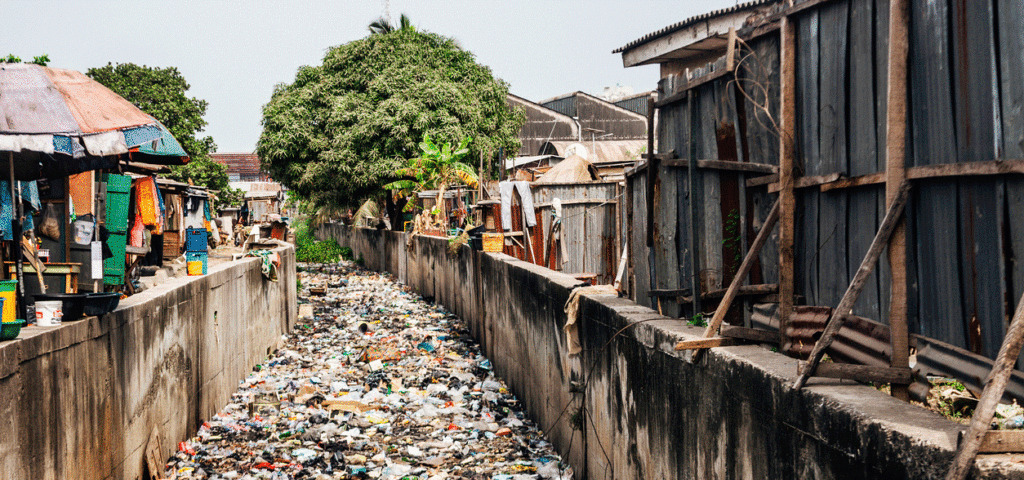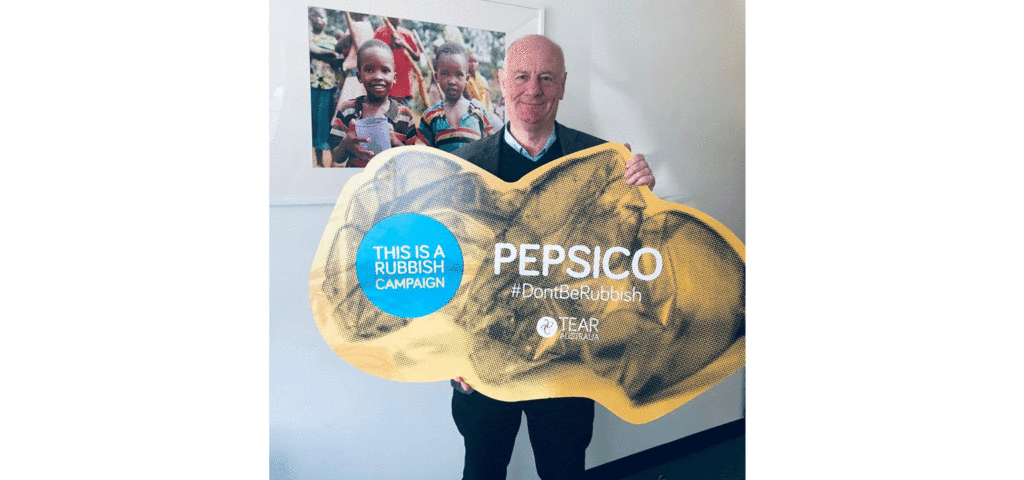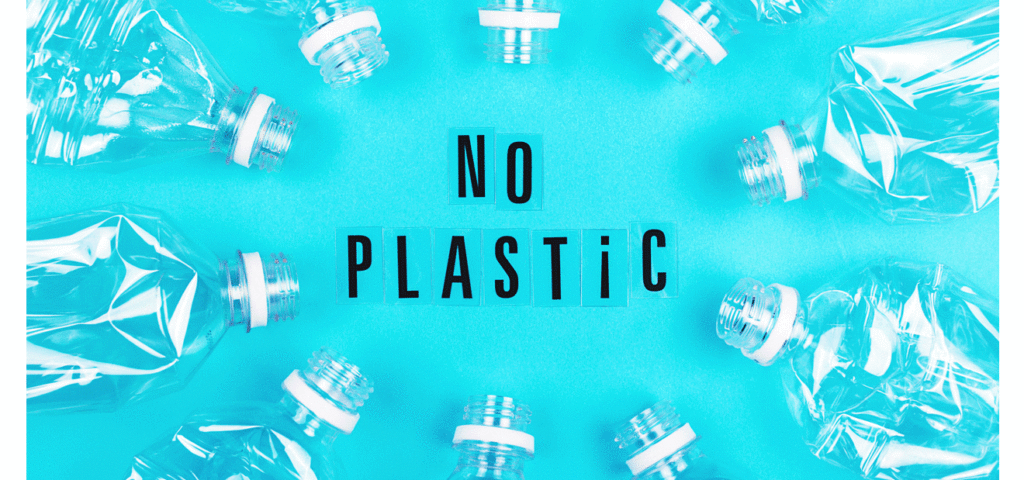Genesis 2:15 “The Lord God took the man and put him in the Garden of Eden to work it and keep it.”
When thinking about environmental issues, we usually consider issues like pollution, global warming bushfires and floods, among others. But there is one subject that is usually left aside and is threatening over two billion people in the world’s poorest countries: They are living among piles of waste. Over one million of them are dying every year from diseases caused by mismanaged waste.

Single-use packaging forms a significant portion of these piles of waste that are part of the daily landscape for millions. According to the Department of Environment and Energy of the Australian Government, the consumption of plastic has increased exponentially. While plastic and packaging recycling in Australia is well established, only 14 percent of plastic is recovered for recycling or energy recovery. “You can recycle plastics a lot of times, but there is a finite limit on how often you can do it. One way manufacturers achieve extra longevity is by adding virgin plastics to recycled plastics to make them stronger, allowing you to recycle a single bottle more times” states Dr Karl Williams, head of the Centre for Waste Management at the University of Central Lancashire,
This scenario has led many organisations worldwide to take action and are creating all sorts of initiatives to face the problem through different perspectives. Matthew Maury, CEO of TEAR Australia, said that “one in four people in the world live without waste collection! These people have no choice but to burn their rubbish to get rid of it, or throw it in waterways, or live among it. And that means they’re breathing toxic air, drinking polluted water and battling sickness.” That’s why this non-denominational Christian organisation, helping communities end poverty, has created one of the most innovative campaigns to challenge injustice and build a sustainable future, tackling waste. The initiative is based on a report launched by Tearfund (UK), -which focuses on the problem of the recent increase in the distribution of single-use plastics across the globe to countries lacking the capacity to collect and manage waste.
Using the hashtag #DontBeRubbish, and with a very attractive marketing campaign, they have used social media to engage people and get them on board to support their Rubbish Campaign and sign their petition. It is a call to action to Coca-Cola, Nestlé, PepsiCo and Unilever to take responsibility for their plastic waste in poorer countries.

As international pressure is on, Coca-Cola South Pacific has set a global goal which is to collect or recycle a bottle or can for every one they sell, by 2030. Nestle and PepsiCo, announced last year their commitment to making 100% of their packaging recyclable or reusable by 2025. Finally, Unilever has said that by 2025, all of their plastic packaging will be designed to be fully reusable, recyclable or compostable.
Even though there are great initiatives to face this problem, many of them are looking to keep the ocean free of bottles, leaving aside the fact that there are people literally living surrounded by garbage. According to the Helen MacArthur Foundation, eight million tonnes of plastic that enter our oceans every year. This means that in 30 years there will be more plastic in our oceans than fish. Adidas are facing this issue by making over 11 million pairs of shoes out of recycled plastic taken from beaches this year. Since 2015 they have been investing a lot of resources in turning plastic bottles into sportswear.
On the other side of the spectrum, there are huge companies like IKEA, that have shown genuine interest to face the waste problem from different angles. That is why they recently launched a take-back service, offering to resell used furniture made by them. Most IKEA stores provide collection points for customers to return waste, such as electrical and electronic equipment, discarded packaging, spent batteries and low-energy bulbs, for recycling. They are also replacing Styrofoam packaging with EcoCradle, from the root structure of mushrooms, for all its products. Ecocradle decomposes within weeks as against Styrofoam packaging that can take centuries to decompose.
We can all decide how to engage, how to contribute, how to help. The NSW Government has an initiative for all of us to recycle. Return and Earn tackles the problem of bottles, cans and cartons that make up a large proportion of the litter on our streets, beaches and green spaces. We can all take containers to one of the 600 return points across NSW and earn a refund or make a donation. Every eligible bottle, can or carton you return is worth 10 cents. Reverse Vending Machines offer cash vouchers, electronic payment or the option to donate.
Every one of us has a social and moral responsibility to take action today for the planet and all the people that are struggling because of our lack of commitment with the upcoming generations. We can also raise our voice on 20 September and march to support the global #climatestike, demanding emergency action to tackle the climate crisis.
In keeping with our Uniting Church identity, let us all, as people journeying together, “ accept responsibility for the wise use and conservation of the finite resources of this earth for the benefit of all.”
Angela Cadena













